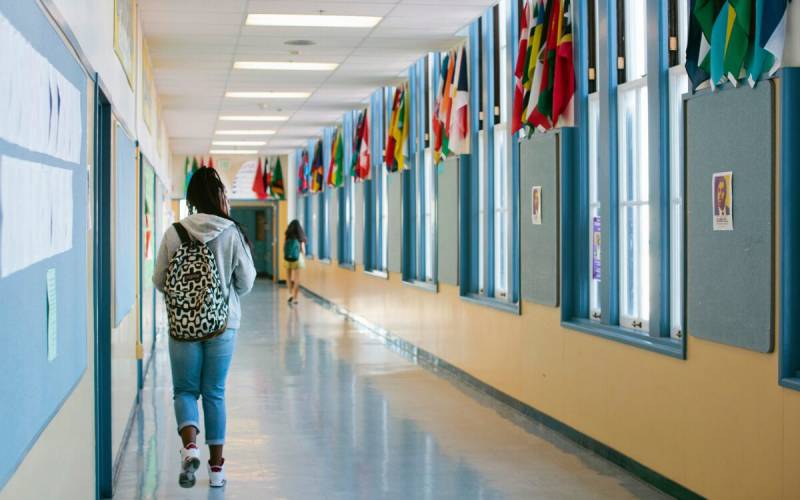The Los Angeles Unified School District has taken a lead in efforts to hire Black counselors. In February, the district allotted $80 million to fund a Black Student Achievement Plan, which includes several initiatives aimed at improving test scores, attendance and graduation rates at about 100 schools where many Black students are enrolled. So far, as part of the plan, the district has hired about 60 new counselors, many of whom are Black.
But it’s not an easy task, said Jared DuPree, a senior director at the district. For one, the district does not ask job candidates their race or ethnicity, and among the candidates interviewed, only a small percentage are Black, he said.
“We’re fooling ourselves if we think we can reserve these spots just for Black counselors,” DuPree said. “But you don’t have to be Black to support Black students. Counselors of any race can be effective at this.”
Still, a counselor’s race can be an important factor in establishing trust, at least in the beginning, he noted. And Black students, he said, might be more likely to ask for help from counselors whose culture, experiences and outlook resemble their own.
“Whether it’s right or wrong, Black families sometimes feel more comfortable with people who look like them,” he said. “It reduces anxiety. They feel, ‘This person can identify with my lived experiences, to the things I value.’ It’s a source of comfort.”
‘It’s about relatability’
Lyndsey Taylor, a student adviser at Chaffey College in Rancho Cucamonga, who’s studying to be a high school counselor, said that being Black helps when she’s counseling Black students, but it’s certainly not the only factor that leads to a successful counseling relationship. Patience is key, too.
“Just because you’re the same race, it’s not going to be instant. You still have to build trust,” Taylor said. “It’s about relatability, being able to see yourself in the person who’s advising you. ‘Here’s someone who looks like me, and authentically wants me to succeed.’ It takes time for students of color to build that trust, break that barrier.”
Lavernis Martin, a high school counselor at a group of Southern California charter schools, said that his experience as a student inspired him to pursue counseling as a career. While he grew up in a middle-class, predominantly white suburb of Los Angeles, his cousins lived in a mostly Black neighborhood in the city, he said, and throughout his childhood witnessed the differences in their educational experiences.

